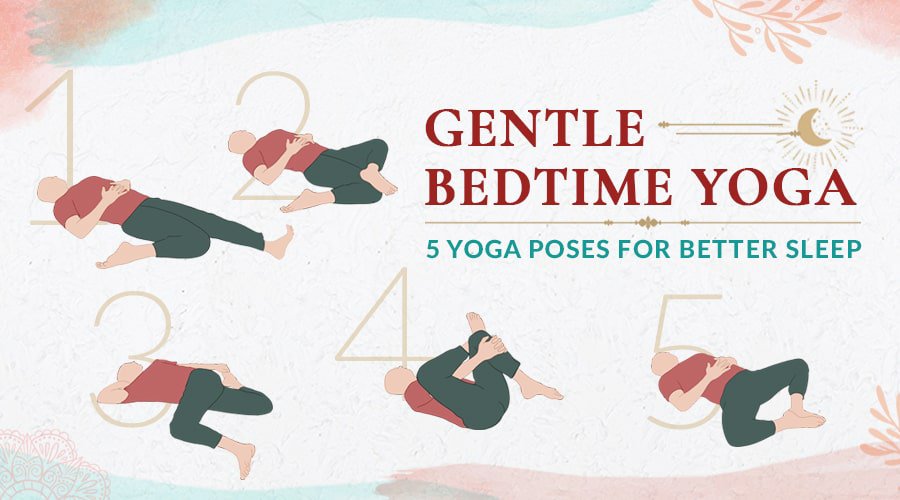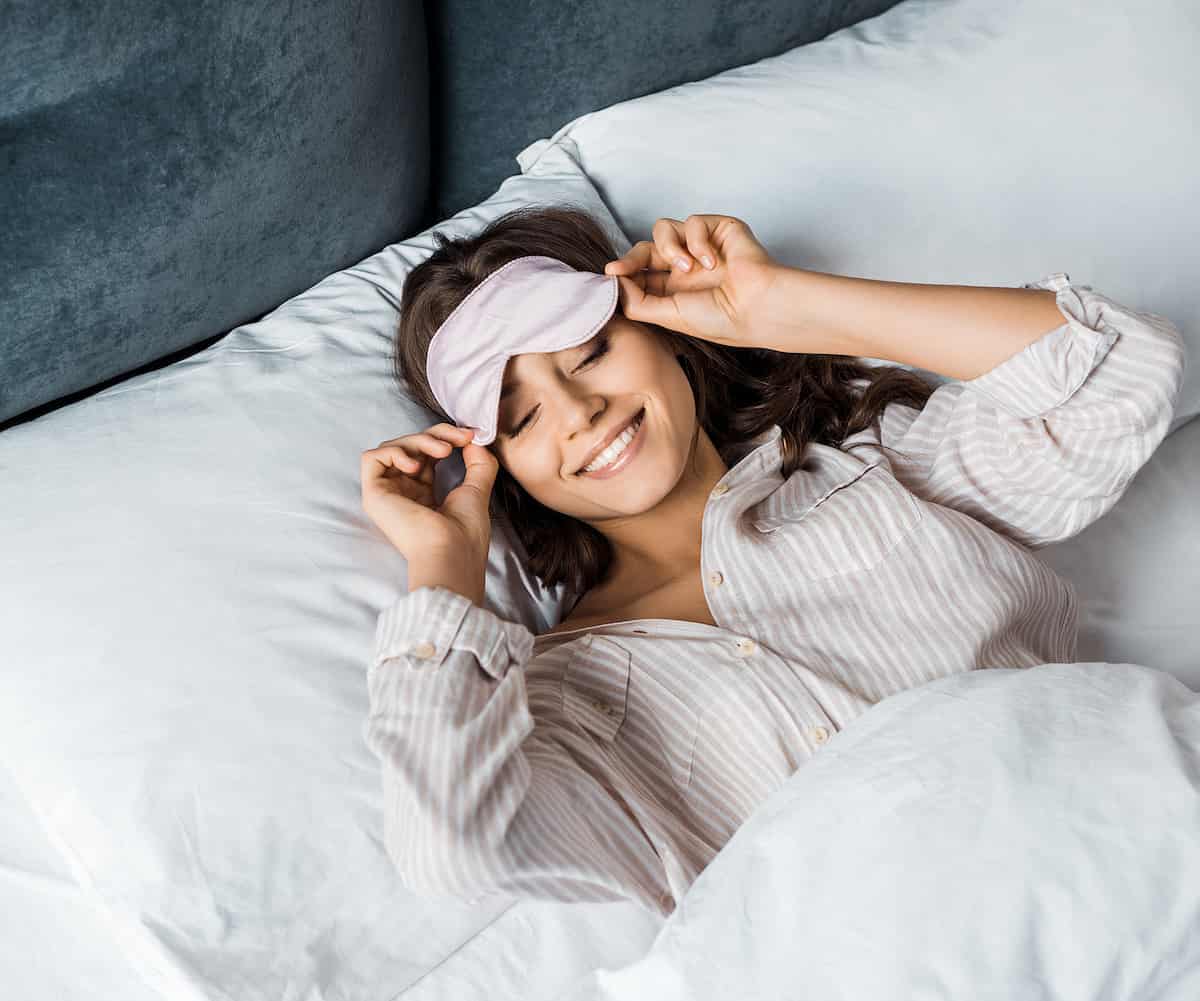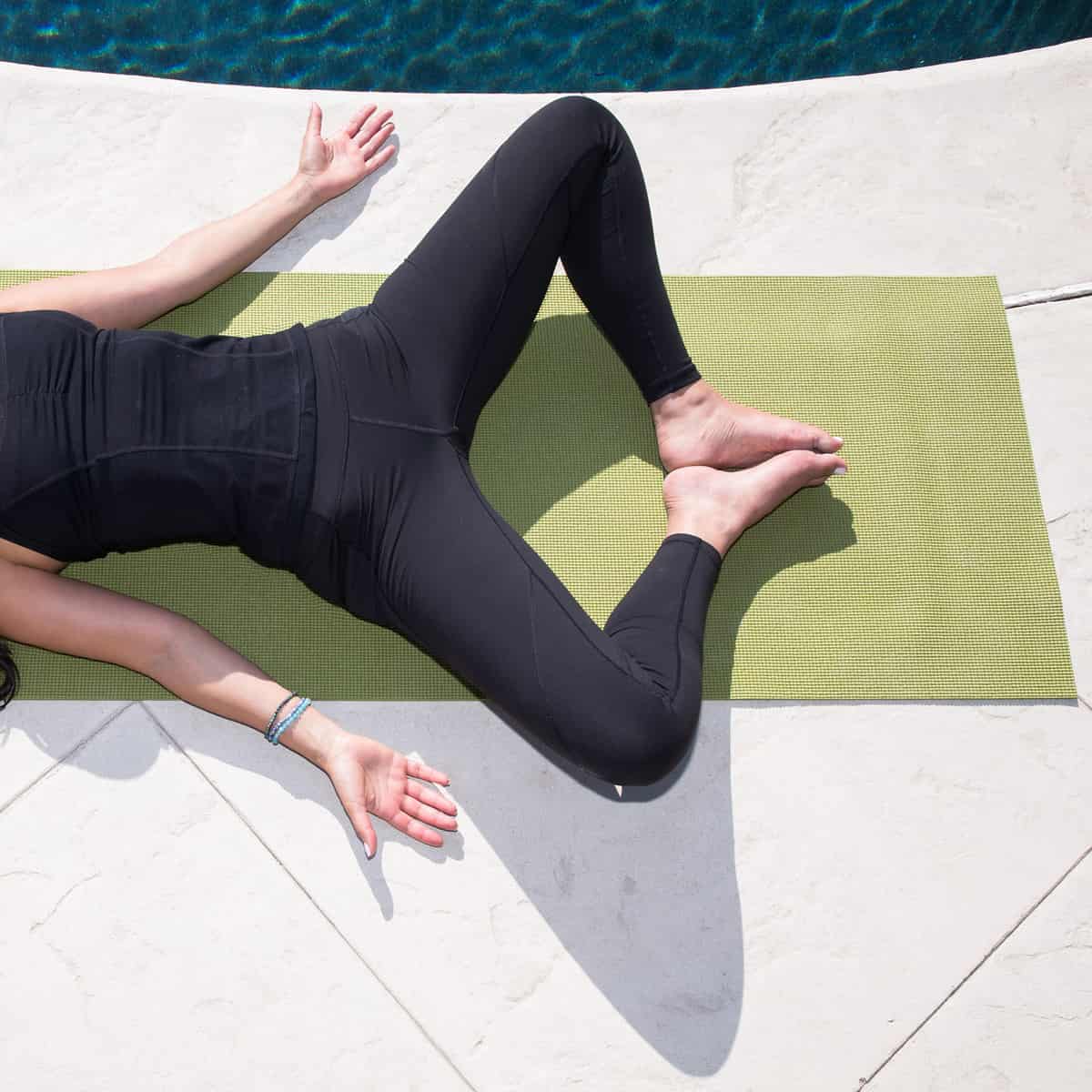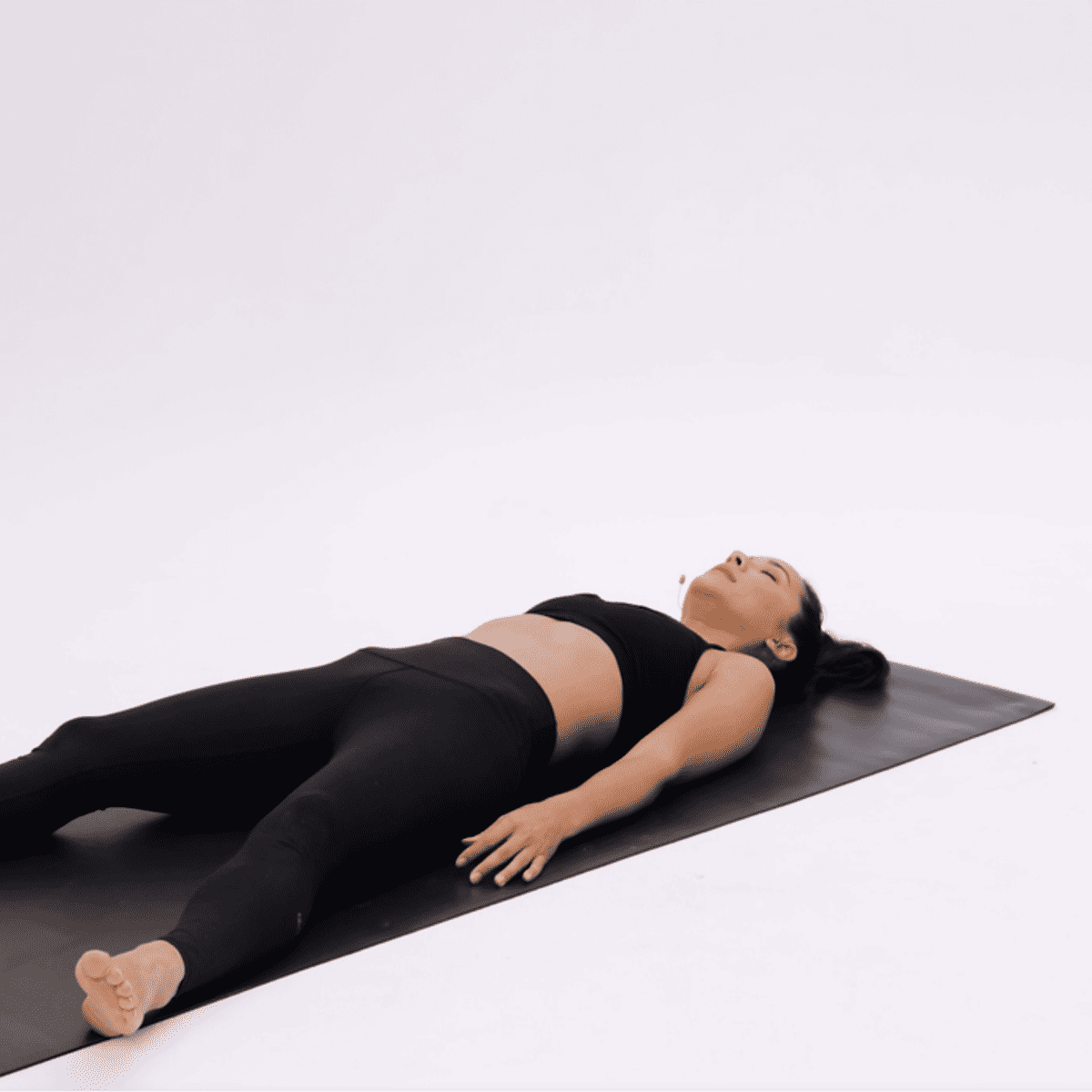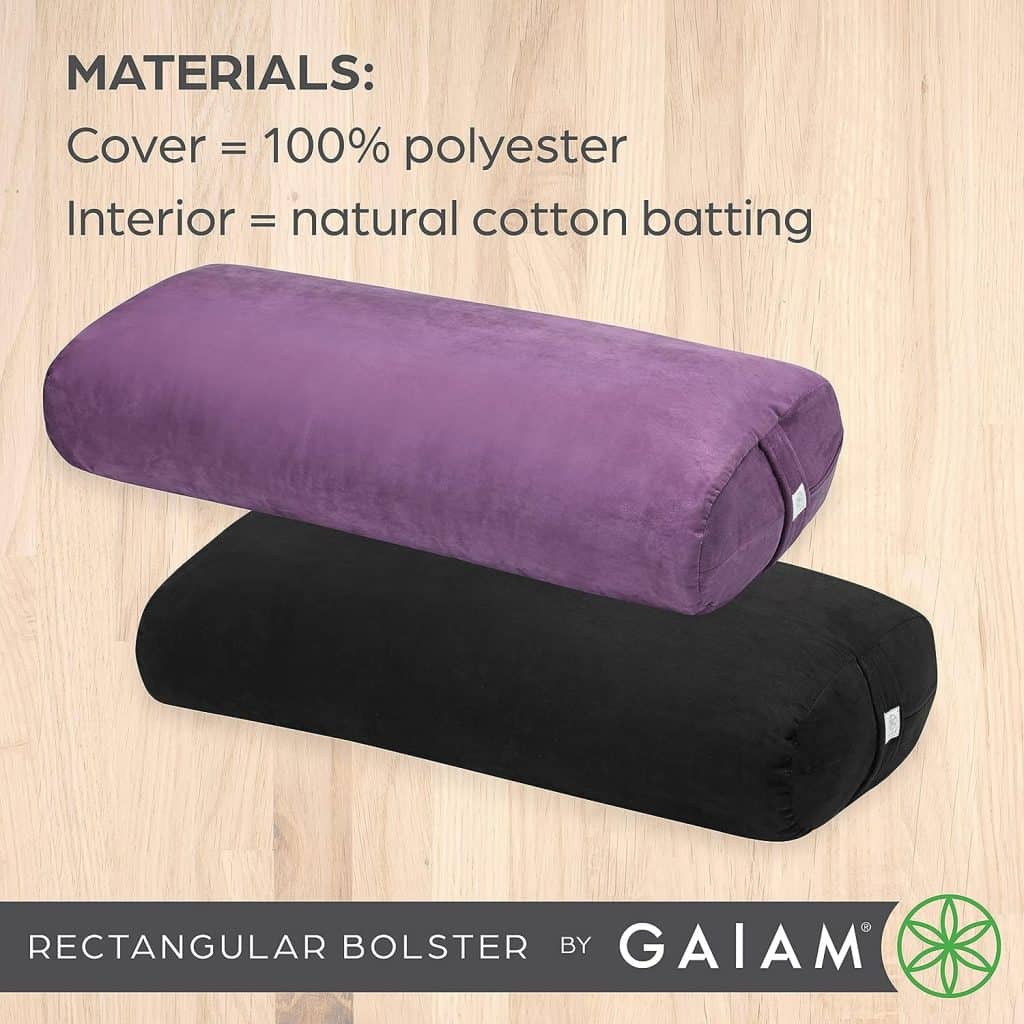In this article, we will explore the benefits of practicing yoga before bed, recommended yoga for bedtime routines, tips for incorporating yoga, and additional practices to enhance your bedtime ritual.
If you’re struggling to wind down at the end of the day and find it difficult to fall asleep, incorporating yoga into your bedtime routine may be just what you need.
Yoga offers numerous benefits for both the body and mind, making it an ideal practice to help you relax and prepare for a restful night’s sleep.
Benefits of practicing yoga before bed
Relaxation and stress reduction
One of the primary benefits of practicing yoga before bed is its ability to promote relaxation and reduce stress.
The gentle movements and deep breathing techniques used in yoga help activate the body’s relaxation response, which can counteract the effects of stress hormones and calm the mind.
By releasing tension and quieting the mind, yoga can help you let go of the day’s worries and prepare for a peaceful night’s sleep.
Improved sleep quality
Regular yoga practice before bed has been shown to improve sleep quality. The combination of physical movement, stretching, and relaxation techniques helps release physical and mental tension, allowing the body and mind to enter a state of deep relaxation.
This can lead to longer and more restful sleep, reducing the likelihood of waking up during the night and promoting overall sleep satisfaction.
Increased flexibility and mobility
Yoga poses gently stretch and lengthen the muscles, promoting flexibility and mobility. Incorporating yoga into your bedtime routine can help counteract the effects of sedentary lifestyles and promote better posture.
Improved flexibility and mobility can also alleviate muscle tension and discomfort, making it easier to relax and fall asleep.
Yoga Schedule For Bedtime Routine
Creating a bedtime yoga routine can be a great way to wind down and prepare for a restful night’s sleep. Here’s a sample yoga schedule for a bedtime routine presented in a table format:
| Day | Time | Yoga Practice and Focus | Duration |
|---|---|---|---|
| Monday | 9:00 PM | Relaxing Poses for Deep Stretching and Calm | 30 mins |
| Tuesday | 8:30 PM | Gentle Yoga for Relaxation and Breath Awareness | 40 mins |
| Wednesday | 9:00 PM | Restorative Yoga for Stress Reduction and Sleep | 45 mins |
| Thursday | 9:30 PM | Yoga Nidra (Guided Meditation for Sleep) | 30 mins |
| Friday | 10:00 PM | Pranayama and Breathwork for Relaxation | 20 mins |
| Saturday | 8:00 PM | Gentle Flow to Release Tension and Prepare for Sleep | 45 mins |
| Sunday | 9:00 PM | Meditation and Breath Awareness for a Peaceful Night | 40 mins |
Notes:
- Relaxing Poses: Focuses on gentle stretches to release muscle tension and calm the mind.
- Gentle Yoga for Relaxation: Incorporates gentle movements and deep breathing to induce relaxation.
- Restorative Yoga: Utilizes supported poses to encourage deep relaxation and stress reduction.
- Yoga Nidra: A guided meditation practice promoting deep relaxation and improved sleep.
- Pranayama and Breathwork: Focuses on breathing exercises to calm the nervous system and prepare for sleep.
- Gentle Flow: Incorporates a gentle flow of yoga poses to release tension and prepare the body for rest.
- Meditation and Breath Awareness: Focuses on mindfulness, relaxation, and breath awareness techniques for better sleep.
Recommended yoga poses for bedtime
Child’s Pose (Balasana)
Child’s Pose is a gentle resting pose that stretches the hips, thighs, and lower back. To practice this pose, start by kneeling on the floor with your knees hip-width apart.
Slowly lower your torso forward, resting your forehead on the mat and extending your arms in front of you. Take deep breaths and allow your body to relax into the pose, feeling a gentle stretch in your back and hips.
Legs-Up-The-Wall Pose (Viparita Karani)
Legs-Up-The-Wall Pose is a restorative pose that helps calm the nervous system and promote relaxation. To practice this pose, sit sideways next to a wall and swing your legs up against the wall while lying on your back. Rest your arms by your sides and close your eyes.
Allow your body to relax completely, feeling the gentle stretch in your hamstrings and the soothing effect on your mind.
Reclining Bound Angle Pose (Supta Baddha Konasana)
Reclining Bound Angle Pose is a gentle hip-opening pose that promotes relaxation and releases tension in the hips and groin. To practice this pose, lie on your back and bring the soles of your feet together, allowing your knees to fall open to the sides.
Place your hands on your belly or by your sides and take slow, deep breaths. Feel the gentle opening in your hips and the release of tension in your lower body.
Corpse Pose (Savasana)
Corpse Pose is the final relaxation pose in a yoga practice and is perfect for bedtime. Lie flat on your back with your arms by your sides and your legs slightly apart.
Close your eyes and focus on your breath, allowing your body to completely relax. This pose helps calm the mind, release tension, and prepare you for a peaceful night’s sleep.
Tips for incorporating yoga into your bedtime routine
Set aside dedicated time
To make yoga a consistent part of your bedtime routine, set aside dedicated time each night. Whether it’s 10 minutes or an hour, creating a regular practice will help signal to your body and mind that it’s time to wind down and prepare for sleep.
Create a calming environment
Create a calming environment in your bedroom by dimming the lights, playing soft music, or using essential oils to create a soothing atmosphere. This will help you relax and transition into a peaceful state before starting your yoga practice.
Use props for support and comfort
Using props such as blankets, bolsters, or pillows can enhance your yoga practice and provide support and comfort. Props can help you relax into poses and allow for a deeper release of tension. Experiment with different props to find what works best for you.
Great Yoga Mat Towel – Yogitoes
About this product:
- Anti-Slip Bottom: Patented Skidless Technology with silicone nubs for superior grip during hot and sweaty yoga.
- Yoga Support: Ultra absorbent, quick-drying, and sustainable Yogitoes in beautiful designs.
- Eco-Friendly: Made from at least four recycled plastic bottles, reducing energy consumption, and free from harmful dyes.
Additional practices to enhance your bedtime routine
Meditation
Incorporating meditation into your bedtime routine can further enhance relaxation and promote a peaceful state of mind. Find a comfortable seated position, close your eyes, and focus on your breath or a specific meditation technique. This practice can help quiet the mind and prepare you for a restful night’s sleep.
Breathing exercises
Practicing deep breathing exercises, such as diaphragmatic breathing or alternate nostril breathing, can help activate the body’s relaxation response and reduce stress.
These techniques can be done before or after your yoga practice to further enhance relaxation and promote better sleep.
Journaling or gratitude practice
Taking a few minutes before bed to journal or practice gratitude can help shift your focus to positive thoughts and emotions. Write down things you are grateful for or reflect on positive experiences from the day.
This practice can help calm the mind and promote a sense of contentment before sleep.
Conclusion on Yoga for Bedtime Routines
Incorporating yoga into your bedtime routine can have numerous benefits for both your physical and mental well-being. By promoting relaxation, improving sleep quality, and increasing flexibility, yoga can help you prepare for a restful night’s sleep.
Remember to set aside dedicated time, create a calming environment, and use props for support and comfort. Additionally, consider incorporating meditation, breathing exercises, or journaling into your routine to further enhance relaxation and promote a peaceful state of mind.
Start incorporating yoga into your bedtime routine today and experience the transformative effects it can have on your sleep and overall well-being.
Originally posted 2023-04-29 14:18:03.

